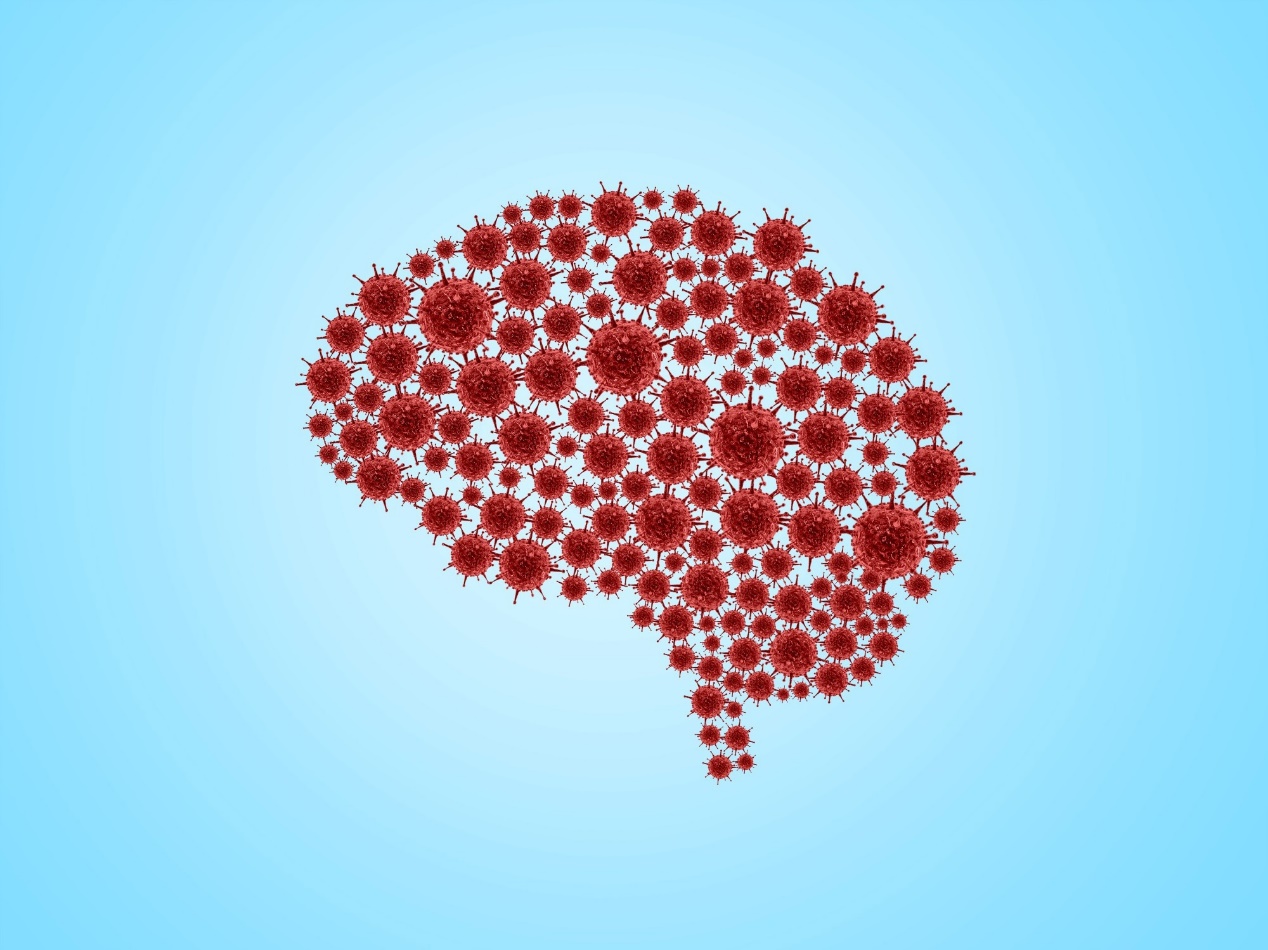长期脑雾和疲劳对日常生活的方方面面产生负面影响
概要
在最近发表在《国际环境研究和公共卫生杂志》上的一项研究中,研究人员探讨了重症新冠后遗症患者(PASC)的生活经历,以了解疲劳和脑雾等后遗症症状对生活的各个方面的影响,包括就业、日常活动和人际关系。
在本研究中,研究人员招募了从新冠感染中恢复三个月后有长期健康并发症的成年参与者。受试者接受了包括关于自感染发病以来所经历的症状、愈后并发症、长新冠症状对日常活动、人际关系、社会支持方面的影响,以及他们在医疗机构、治疗方法和康复的体验等问题。
结果表明,脑雾和疲劳影响了患者生活的各个方面,包括日常活动、人际关系和就业。总的来说,PASC症状对患者生活的所有领域都有负面影响,如做简单家务和照顾自己的能力,他们在家庭中的角色,与伴侣、孩子和朋友的关系,以及个人工作技能和能力。此外,焦虑、抑郁、无力和孤立的感觉来自于身体能力的下降和经济压力。大多数病人强调需要长期的支持,以及需要承认PASC是一种需要残疾福利的医疗状况。这些结果突出表明,需要采取及时和细致的方法来帮助PASC患者。
Long COVID brain fog and fatigue negatively impact all facets of daily life
In a recent study published in the International Journal of Environmental Research and Public Health, researchers explored the lived experiences of individuals with post-acute sequelae of severe acute respiratory syndrome coronavirus 2 (SARS-CoV-2) (PASC) to understand the impact of the symptoms such as fatigue and brain fog on the various aspects of life including employment, daily activities, and interpersonal relationships.

Study: Brain Fog and Fatigue following COVID-19 Infection: An Exploratory Study of Patient Experiences of Long COVID. Image Credit: DOERS / Shutterstock
Background
Long COVID or PASC is a multisystem complication of coronavirus disease 19 (COVID-19) that manifests in a wide range of symptoms such as dyspnea, debilitating fatigue, cough, dizziness, chest pain, headaches, dysgeusia, anosmia, cognitive and cardiovascular difficulties.
Various studies and surveys that have attempted to understand the experiences of PASC patients report common themes of stigma, siloed approach to healthcare, fear of permanently impaired cognitive and physical abilities, and variability in symptoms. The two prevalent symptoms are fatigue and "brain fog, " commonly used to describe cognitive impairment. Understanding the impact of these PASC symptoms on the patient's life can help manage the disease.
About the study
In the present study, the researchers recruited adult participants who had long-lasting health complications three months after recovering from SARS-CoV-2 infections. The participants were patients at the Post-COVID-19 Clinic, a part of the University of Iowa Hospitals and Clinics.
Participants were included based on purposive sampling conducted to select information-rich cases. A total of 15 patients agreed to be interviewed. The interview guide comprised questions about the symptoms experienced since the onset of the SARS-CoV-2 infection, the symptoms following COVID-19, the impact of long COVID symptoms on daily activities, interpersonal relationships, social support, and their experiences with healthcare facilities, treatment methods, and recovery.
The interviews were audio recorded and de-identified during transcription. The team conducted a thematic analysis and coded the transcripts using and deductive-inductive approach.
Results
The results suggested that brain fog and fatigue impacted all aspects of the patient's life, including daily activities, interpersonal relationships, and employment. Patients reported difficulty completing household chores, personal tasks such as exercise, and leisure activities such as reading and gardening. These difficulties made the regular running of the household more challenging.
A majority of the participants reported having more energy to complete tasks in the morning, with fatigue and brain fog getting worse as the day progressed. Additionally, the relapsing and remitting of symptoms made it difficult for the patients to plan the day or predict periods of activity. The unpredictable nature of the illness also led to increased anxiety, sadness, fear, and depression.
The synergistic relationship between fatigue and brain fog was a common observation, with increasing fatigue leading to worsening brain fog and the brain fog making daily tasks more challenging despite high energy levels. Many participants also reported that the symptoms affected their comfort and decision-making while driving, further restricting their mobility and compelling them to rely on others.
While 40% of the participants were unemployed due to PASC symptoms, the employed participants reported that the employers were accommodative and emotionally supportive. However, the impact of PASC symptoms on the ability to work changed their self-perceptions about capabilities and skills. The decreased ability to multi-task made them feel less productive and efficient at their jobs.
Furthermore, having to rely on the assistance of coworkers led to added anxiety about the coworkers' perceptions of them. Most patients reported feeling stigma at work because of colleagues not understanding the relapsing and remitting of PASC symptoms. The inability to perform adequately at their jobs also caused financial stress on the patients and their families.
On the interpersonal front, most patients reported that PASC symptoms caused loss or change of familial roles leading to feelings of isolation and inadequacy. While many patients reported feeling supported by their romantic partners, they expressed concerns about the pace of recovery, the toll on their partners, the inability to enjoy activities with their partners, and the future. Some patients reported their partners feeling stressed, anxious, burnt out, and needing medication. Most patients who were parents reported not being able to care for or interact with their children as before.
Conclusions
Overall, PASC symptoms had a negative impact on all domains of the patient's lives, including the ability to perform simple chores and take care of themselves, their roles in the family, relationships with their partners, children, and friends, and their perceptions of their skills and capabilities at work. In addition, the feelings of anxiety, depression, inadequacy, and isolation stemmed from reduced physical capacities and financial stress.
Most patients stressed the need for long-term support and the need to recognize PASC as a medical condition requiring disability benefits. The results highlight the need for a timely and sensitive approach to supporting PASC patients.
Source:
News-Medical
Published on Novembre 27 2022
声明:本站文章版权归原作者及原出处所有。本文章系本站编辑转载,文章内容为原作者个人观点,登载该文章的目的是为了学习交流和研究,并不代表本站赞同其观点和对其真实性负责,本站只提供参考并不构成任何投资及应用建议。
本站是一个学习交流和研究的平台,网站上部分文章为引用或转载,并不用于任何商业目的。我们已经尽可能的对作者和来源进行了告知,但是能力有限或疏忽,造成漏登或其他问题,请及时联系我们,我们将根据著作权人的要求,立即更正或删除有关内容。本站拥有对本声明的最终解释权。








